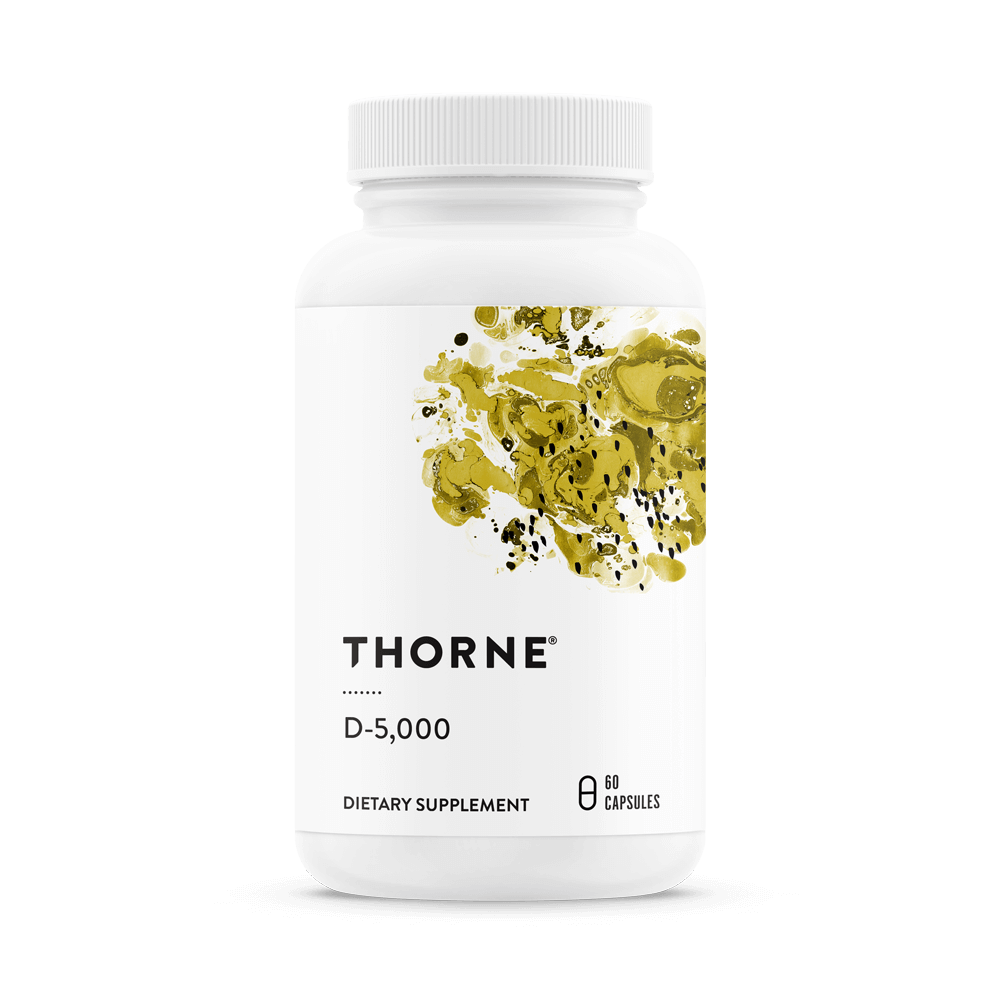The Sunshine Vitamin: Why We Need Vitamin D
Nov 04, 2024Vitamin D, often referred to as the "sunshine vitamin," plays a crucial role in maintaining our overall health. Despite its importance, many people are unaware of the myriad ways in which vitamin D influences our bodies. Let’s explore why vitamin D is essential, the symptoms of deficiency, how to naturally boost your levels, dietary sources, recommended supplementation, and current research on this vital nutrient.
Why We Need Vitamin D
Vitamin D is essential for various bodily processes, including:
- Bone Health: It helps regulate calcium and phosphorus, which are critical for bone formation and maintenance.
- Immune Function: Vitamin D plays a role in modulating the immune system, helping the body fend off infections.
- Mood Regulation: Adequate levels of vitamin D are linked to better mental health, potentially reducing the risk of depression.
- Muscle Function: It supports muscle strength, which is important for overall mobility and balance.

Symptoms of Vitamin D Deficiency
A deficiency in vitamin D can lead to several symptoms, including:
- Fatigue and weakness
- Bone pain and fractures
- Muscle aches or weakness
- Mood changes, such as depression
- Increased susceptibility to infections
Naturally Raising Your Vitamin D Levels
One of the most effective ways to increase your vitamin D levels is through sun exposure. Here are some tips:
- Get Sunlight: Aim for 15-30 minutes of sun exposure several times a week, depending on your skin tone and location. Remember to do this safely to avoid sunburn.
- Consider the Time of Year: In some regions, especially during winter months, it may be challenging to get enough sunlight, so pay attention to your levels during these times.
Food Sources of Vitamin D
In addition to sunlight, you can boost your vitamin D levels through diet. Here are some excellent food sources:
- Fatty fish (salmon, mackerel, sardines)
- Cod liver oil
- Fortified foods (such as milk, orange juice, and cereals)
- Egg yolks
- Mushrooms exposed to UV light
Recommended Dosage of Vitamin D Supplementation
If you’re unable to get sufficient vitamin D from sunlight or diet, supplementation may be necessary. The general recommended dosage range varies by age and health status:
- Adults: 600 to 800 IU (International Units) per day
- Older adults: 800 to 1,000 IU per day may be advisable
- Children: 400 to 600 IU per day
Formulation Recommendations
When choosing a vitamin D supplement, look for Vitamin D3 (cholecalciferol), as it is more effective at raising and maintaining vitamin D levels in the blood compared to Vitamin D2 (ergocalciferol). Additionally, forms that include oil (like softgels) may enhance absorption, such as offered at Thorne, Inc.
Conclusion
Vitamin D is vital for various bodily functions, from bone health to immune support. Ensuring adequate levels through sunlight, diet, and supplementation can lead to significant health benefits. If you suspect you may be deficient, consider discussing testing and supplementation with a healthcare provider. Embrace the sunshine and nourish your body with vitamin D for a healthier, happier you!
Stay connected with news and updates!
Join our mailing list to receive the latest news and updates from our team.
Don't worry, your information will not be shared.
We hate SPAM. We will never sell your information, for any reason.



